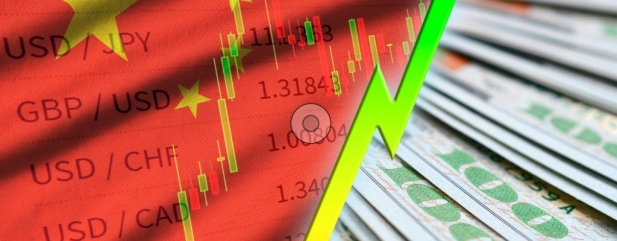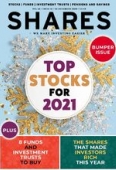The size of China’s economy and its financial markets mean it dominates emerging market indices to a very large extent.
Just look at MSCI Emerging Markets and its counterpart at rival provider FTSE Russell. China accounts for six of the top 10 constituents of MSCI Emerging Markets and 40.7% of the index as a whole.

Its dominance of FTSE Russell’s index is even more stark because FTSE doesn’t include South Korea – China is more than 45% of the index and again its companies fill six of the top 10.
With Chinese domestic ‘A shares’ lined up for inclusion in these indices, China’s ascendancy will only grow.
There is a debate about whether or not China is really an ‘emerging market’ anymore given it is the world’s second largest economy. The reason it still falls into that category is because of various governance considerations and metrics such as GDP per capita.
However MSCI also has an index which excludes China and is therefore more balanced in terms of its exposure to different geographies.
No single country represents more than 25% of the overall index, South Korea has the largest weighting at 21.65%.
Interestingly there are substantial differences in terms of sector exposure too, with information technology at the top whereas consumer discretionary occupies this spot in the core emerging markets index.

‹ Previous2020-12-23Next ›

 magazine
magazine










